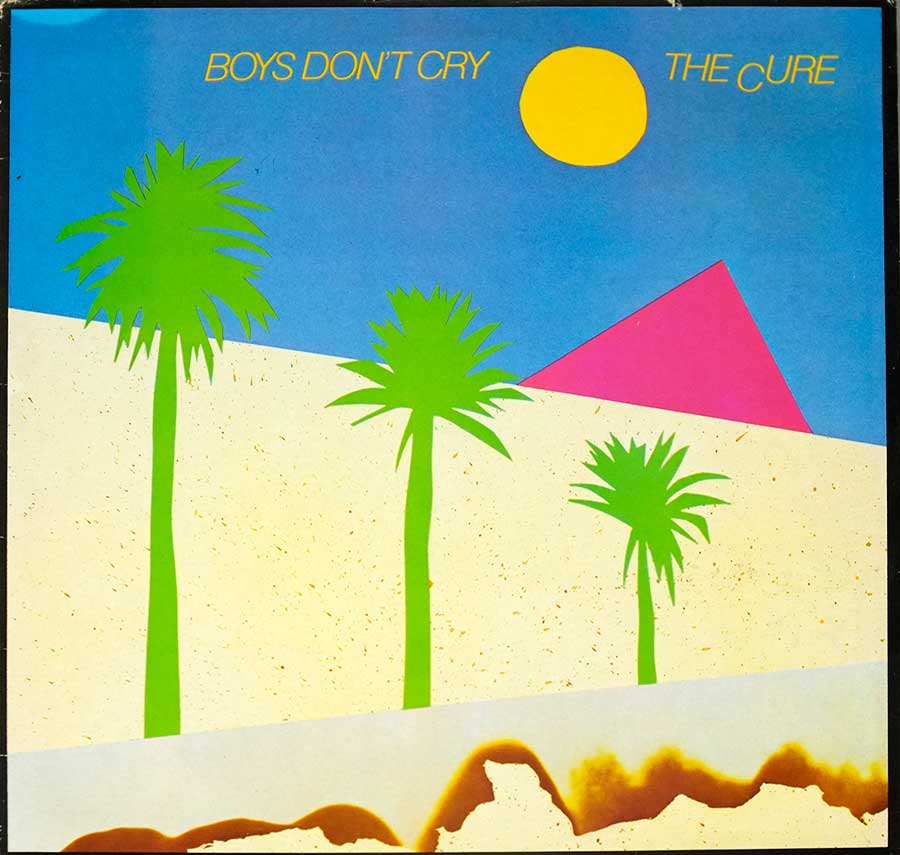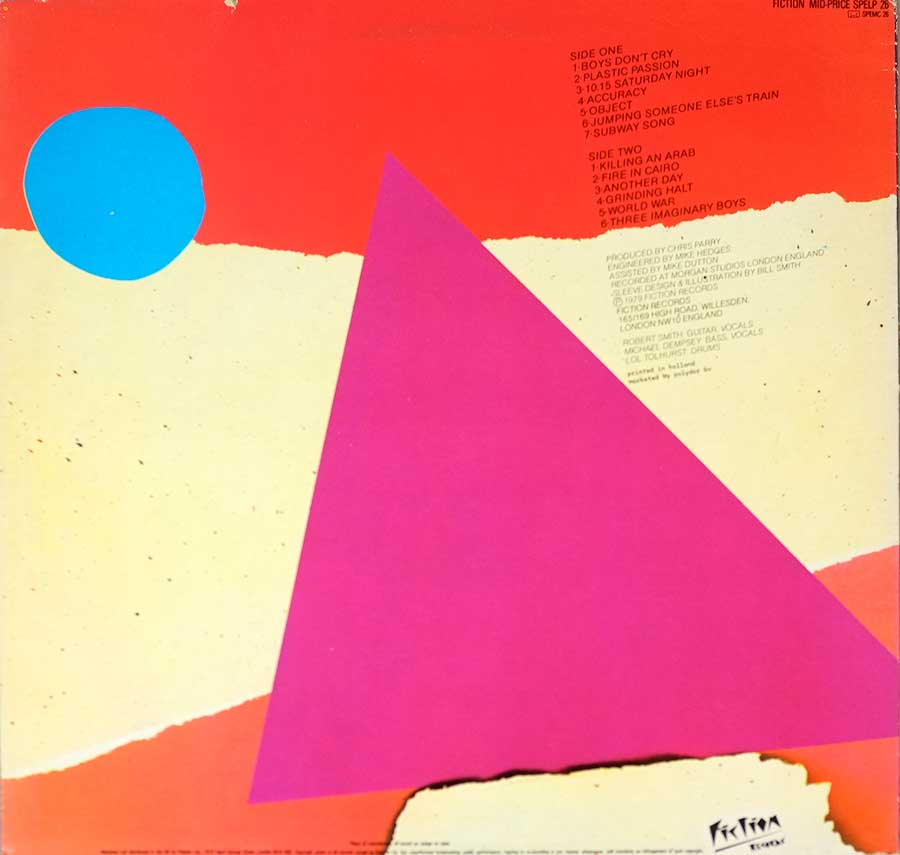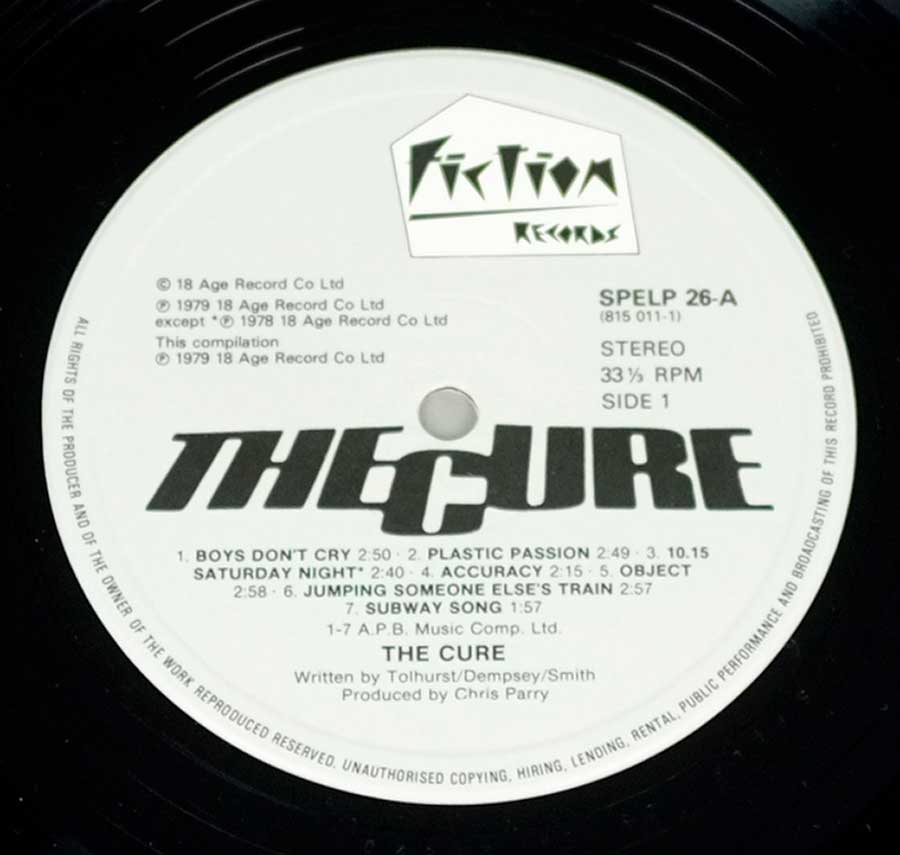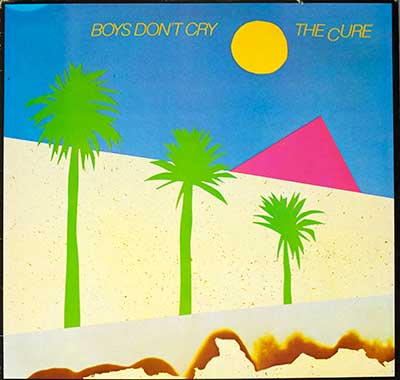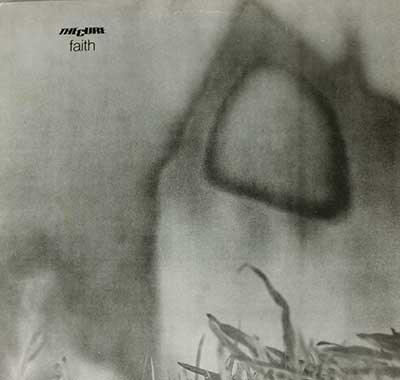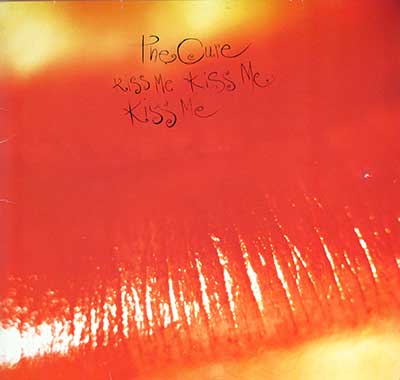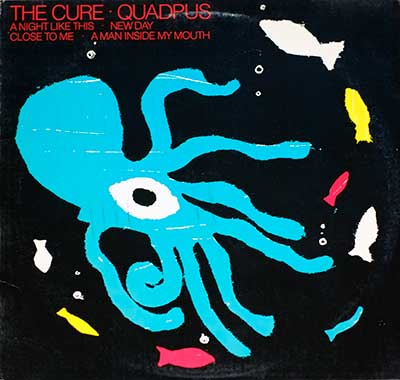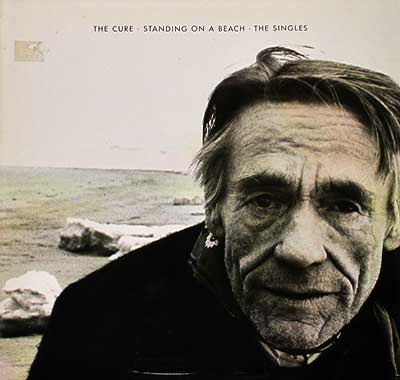"Boys Don't Cry" (1980) Album Description:
February 1980: outside Britain, this is how a lot of people first met The Cure. Not with a grand debut statement, but with a sharp little dossier of early tracks that moved fast, hit clean, and left a cold fingerprint on the glass. "Boys Don't Cry" sells the grin; the rest of the record keeps glancing over its shoulder like it heard something follow it out of the club.
England, 1979: grey weather, loud arguments
Back home, 1979 wasn’t a mood-board, it was daily life: strikes, rubbish in the streets, wages squeezed, and a government that fell apart right before the election that put Thatcher in. You could feel the country tightening up. Punk had already smashed the window; post-punk was everyone climbing through the broken frame, dragging weird ideas and cheaper gear behind them.
The Cure weren’t the noisiest kids in the room. They weren’t trying to be. While Joy Division were turning dread into architecture, and Siouxsie and the Banshees were flicking razorlight riffs around like warning signs, The Cure kept things lean and close to the skin. Wire were doing clever angles, Gang of Four were snapping politics into dance rhythms, and The Cure just looked you in the eye and sang about the knot in your stomach.
Why this album exists (and why it feels slightly sly)
"Boys Don't Cry" isn’t a brand-new studio chapter. It’s a carefully chosen bundle of 1978–79 Cure: tracks from "Three Imaginary Boys" plus key singles that weren’t on the original UK debut. It was put together to push the band beyond the UK bubble, and you can hear the intent in the pacing: no wasted space, no prog indulgence, no “let’s show them we can play” solos.
It also means you’re hearing a band in a specific posture: still a tight unit, still sharp at the edges, still young enough to sound like every song is a dare. Michael Dempsey’s bass is more than support; it’s the spine. Not long after this era, he’s out, and Simon Gallup is in, and the band’s bloodstream changes fast.
The sound: brisk, brittle, and weirdly warm at the center
This record moves like a brisk walk in the cold: you start stiff, then your blood wakes up. The guitars are wiry and bright, the drums snap rather than thunder, and everything sits in that sweet spot where punk speed hasn’t died yet but pop structure is already creeping in with a smirk.
- "Boys Don't Cry" is all nervous charm and clean jangle, the kind of hook that acts casual while it’s doing permanent damage.
- "Jumping Someone Else's Train" doesn’t stroll, it bolts; it’s urgency with shoes on.
- "10:15 Saturday Night" hangs under a streetlamp and watches the night go nowhere.
- "Subway Song" is a short corridor that ends in a bad feeling you can’t explain to your friends without sounding dramatic.
Hands on the knobs: Chris Parry and Mike Hedges
Chris Parry produces with a practical instinct: keep it uncluttered, keep it moving, don’t let the band hide behind effects. The songs land direct. No fog machine required.
Mike Hedges engineers like a guy who understands that clarity can be menacing. Recorded at Morgan Studios in London, the sound isn’t “big,” it’s present—close enough that the smallest change in tone feels like a decision, not an accident.
Bill Smith’s sleeve: no drama, just a look
Bill Smith’s cover design fits the material: plain enough to feel everyday, odd enough to feel slightly off. Like the band itself at the time—still in regular clothes, already sounding like they were taking notes on everybody else.
The controversy (and the lazy misunderstanding)
"Killing an Arab" caused trouble because people love reading titles with their brains switched off. It’s a Camus reference, not a slogan, but that didn’t stop the accusations, the outrage, and the later attempts to “handle” it with warnings and compromised solutions. The misconception is always the same: that the song is a call to violence, when it’s actually a scene from a book set to a tense little riff that refuses to relax.
One quiet anchor
I can still picture it: late-night radio, volume low, trying not to wake anybody, that first bright guitar line cutting through the hiss like it knew exactly where I lived.
Tracklist quirks (because The Cure never made it easy)
Depending on format and later reissues, you’ll see small swaps and trims—songs shuffled, "Object" replaced by "So What" on some editions, "World War" disappearing in places, even little edits in "Subway Song." The core point stays the same: this is early Cure, tense and tidy, smiling with its fists still clenched.
References
- The Cure (official) — "Boys Don't Cry" release page
- The Cure (official) — Band bio (line-up changes)
- Wikipedia — "Boys Don't Cry" (The Cure album)
- Discogs — "Boys Don't Cry" master / release history
- Discogs — Credits (engineer Mike Hedges, sleeve design Bill Smith)
- Wikipedia — "Killing an Arab" (controversy and context)
- London Museum — Winter of Discontent overview
- Wikipedia — 1979 UK general election
